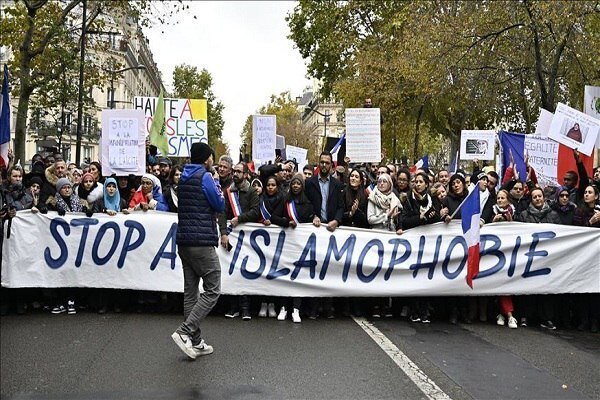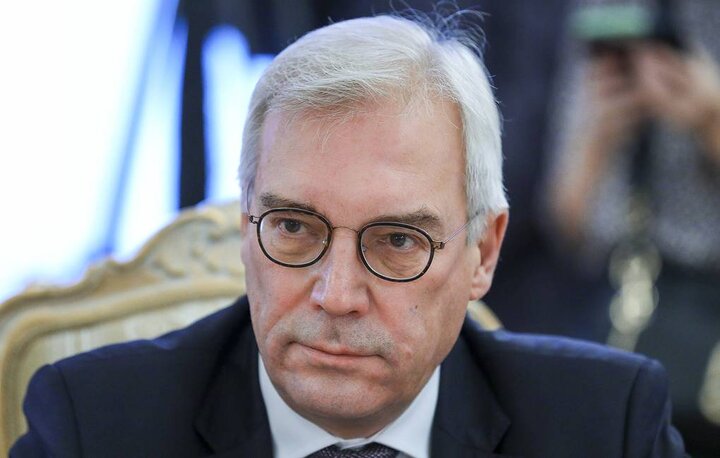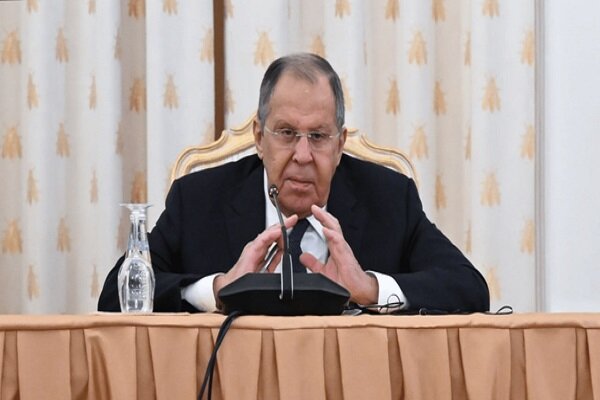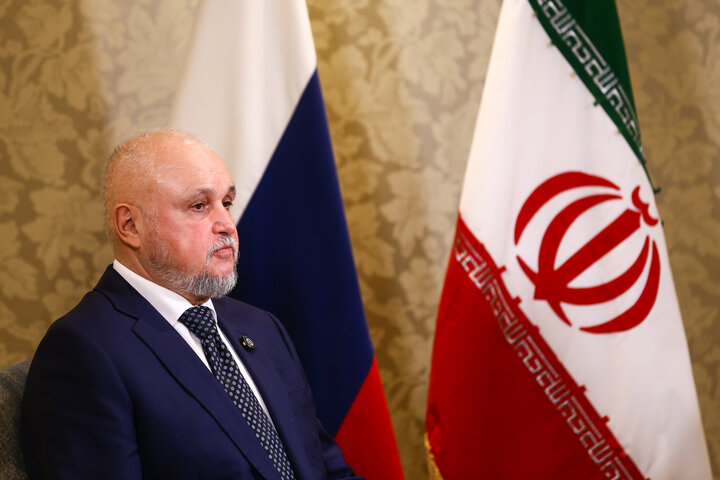
It gives itself the right to lecture non-Western countries on human rights and even sanction some when it’s politically fit. But the continent, filled with angry rainbow-flag-toting activists, does not try to live up to the same standards when it comes to respecting the rights of Muslim women living in Western societies.
As a Muslim woman leading a life in Europe, you are automatically seen as oppressed and abused. In European’s eyes, Females honoring their religion by wearing the Hijab are defenseless individuals who have been forced to cover their bodies at the expense of their lives. It doesn’t matter if you are a highly educated woman working alongside the men, you are considered to be oppressed once you put on an Islamic attire. It is as if Europe gives its people the freedom to wear whatever they want, but only if they don’t decide to cover themselves “too much”.
France is a European country which regularly makes headlines for its discriminatory laws and regulations towards Muslim women. France’s Islamophobic policies, masked with a secular patina, are some of the harshest in the world. The country incentivized hatred against Muslim women last month when it decided to ban abaya and qamis – long and loose garments worn by some Muslim women and men, respectively – in public schools.
France’s top administrative court upheld the ban saying it was based on French law, which did not allow anyone wearing visible signs of any religious affiliation in schools. There are similar discriminatory laws in other European countries as well. At least 9 countries in the European Union (out of 27) have implemented some type of restrictions against Muslim women in regards to their attire.
The Danish government banned female judges from wearing headscarves in May 2008. Danish authorities justified that judges should “strive for religious and political neutrality” and hence cannot use “religious symbols” like head-coverings. Denmark is currently considering extending this ban to public schools with the Danish Commission for the Forgotten Women proposing a similar prohibition on August 24, 2022.
In Germany, eight out of sixteen states have restrictions on wearing the hijab for female teachers. These states include Baden-Württemberg, Bavaria, Hesse, Lower Saxony, the Saarland, Bremen, North Rhine-Westphalia, and Berlin. Berlin, as a city-state, has banned all religious symbols in public institutions, including headscarves.
A law commonly known as the “burqa ban” was adopted by the Dutch government in January 2012, which banned all face coverings with offenders facing fines of up to 390 euros. However, this prohibition does not apply to other types of face coverings like the ones worn for sports or health.
The EU itself has tried to limit Muslim women too. In a controversial ruling in October 2022, the Court of Justice of the European Union granted companies the right to ban headscarves. “The internal rule of an undertaking prohibiting the visible wearing of religious, philosophical or spiritual signs does not constitute direct discrimination if it is applied to all workers in a general and undifferentiated way,” the court ruled.
With the recent Quran desecration acts in Sweden and Denmark, the French president’s tendency to blame immigrants for economic and social disorder, the Hungarian Prime Minister blaming diseases on foreigners and other similar instances of Islamophobic sentiments among European politicians, it seems that authorities in Europe have turned discrimination against Muslims into an active policy. As a Muslim, you are always in the wrong and you need your lifestyle to be fixed, whether you try to lead a peaceful life in your home country or are forced to immigrate once your home is decimated by the West.
By Sara Vahdati
First published in Tehran Times





